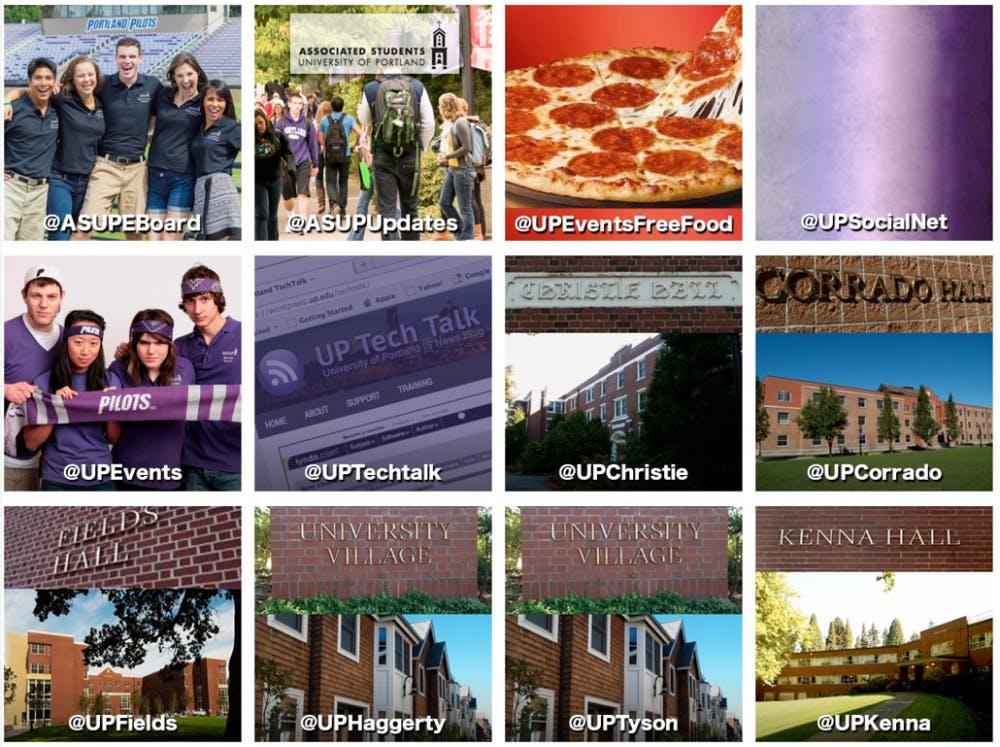Clare Duffy |
The younger generation is often criticized for being glued to their phones or paying more attention to their laptops in class than the lecture. Yet at the same time, the workforce pressures students to be savvy on social media and all the newest technologies so that they can compete with their peers.
UP is implementing a new technology, however, that many believe will benefit both professors and students: Celly, a platform for mobile social networks, that allows access via the mobile app, website, texting or email.
“Really (Celly) is about finding those groups of people you have something in common with and being able to have conversations,” said Director of Academic Technology Services Samuel Williams.
The Department of Information Services is hoping to incorporate Celly, a Portland startup company, into life at UP as a tool for communication. On Feb. 19, Celly was officially introduced to staff and students at “Celly Day,” a promotional event in the Clark Library classroom.
“It’s a pretty neat technology,” said senior global business major Rebecca Larrabee who attended Celly Day. “If enough people start using it, it could be pretty successful.”
Ann Harris, associate director of Program Management, is taking the lead on the project. Williams is assisting her and providing inspiration for the project. The UP Marketing Group is also working to bring Celly to students’ attention.
“I see a lot of potential for student engagement,” UPMG President senior Erika Schmidt said. “It’s a really, really great way for people to communicate in groups.”
To use Celly, make an account on the website (cel.ly), and then join or create cells (essentially private group inboxes that members of that cell can send messages within and access the messages of other members). Information Services has created a UP administration account that will provide back-end management of several cells geared towards the entire university community, including @UPEventsFreeFood, where students can learn about food-bearing events around campus. To see the full list of UP cells and for help in using Celly, visit wordpress.up.edu/celly.
Communication studies professor Jeanette Lovejoy, who has been using Celly in several of her classes for group projects throughout the past year, sees the program as unique from other social networks.
“The thing I like is that it’s a social network that can be private,” Lovejoy said. “In some ways I think it really facilitates group communication for any size group, so that’s really valuable from an academic perspective where we’re often wanting to encourage freedom of thought and expression, but not have that be public because it could affect the profile of who they are online. I also really like the idea of being able to target really specific groups of people. I think that’s Celly’s strength.”
Harris also alluded to more technological advancements coming to UP in the near future.
“Informational Services is also working on bringing a mobile application to campus,” said Harris.
Two sessions introducing the two possible mobile application vendors – which were open to students and faculty – were held earlier this month. These applications will be directed specifically towards higher education, and will work with programs already utilized on campus, like Moodle. IS is now working on which will be the most appropriate to implement at UP.








